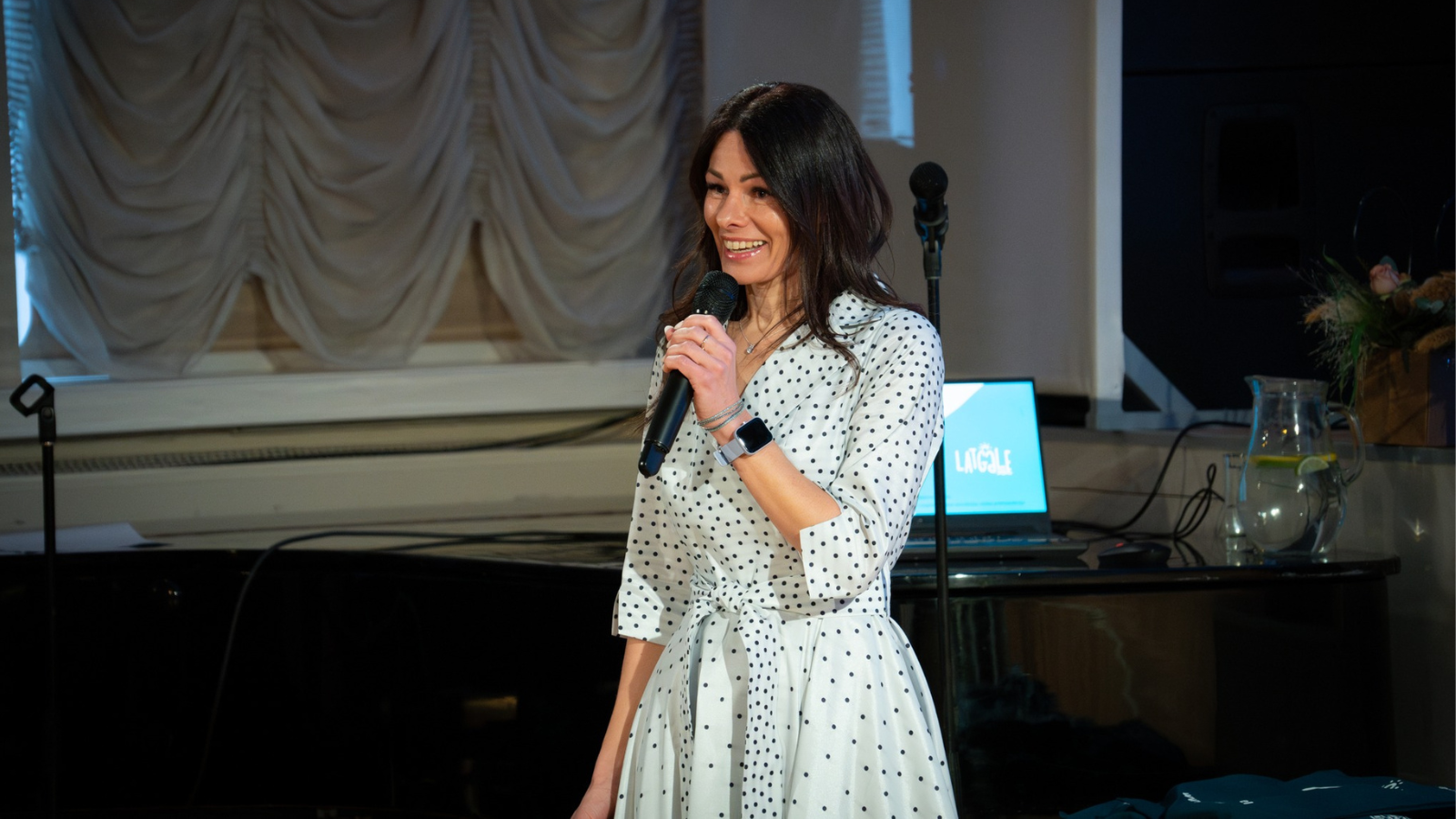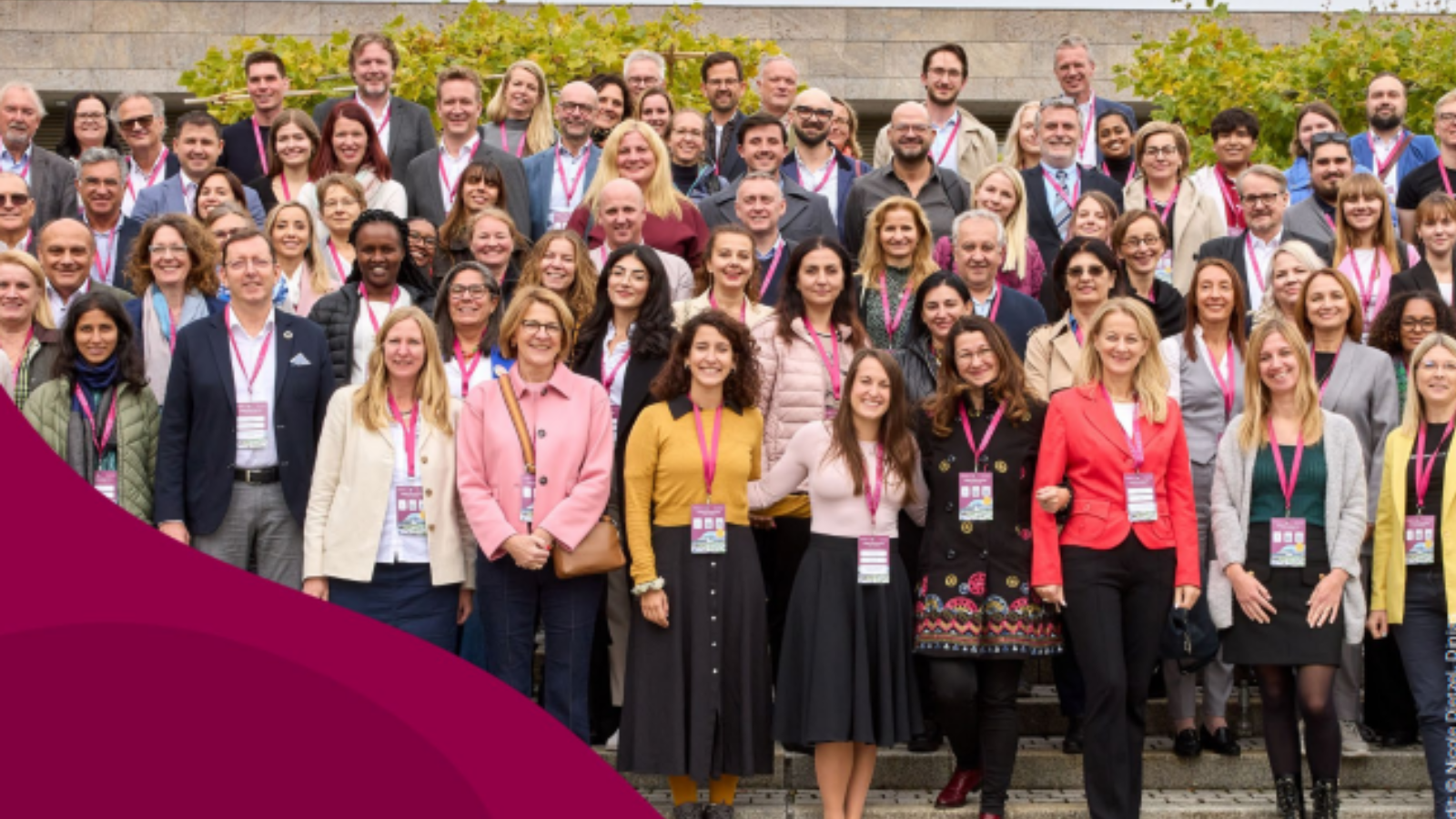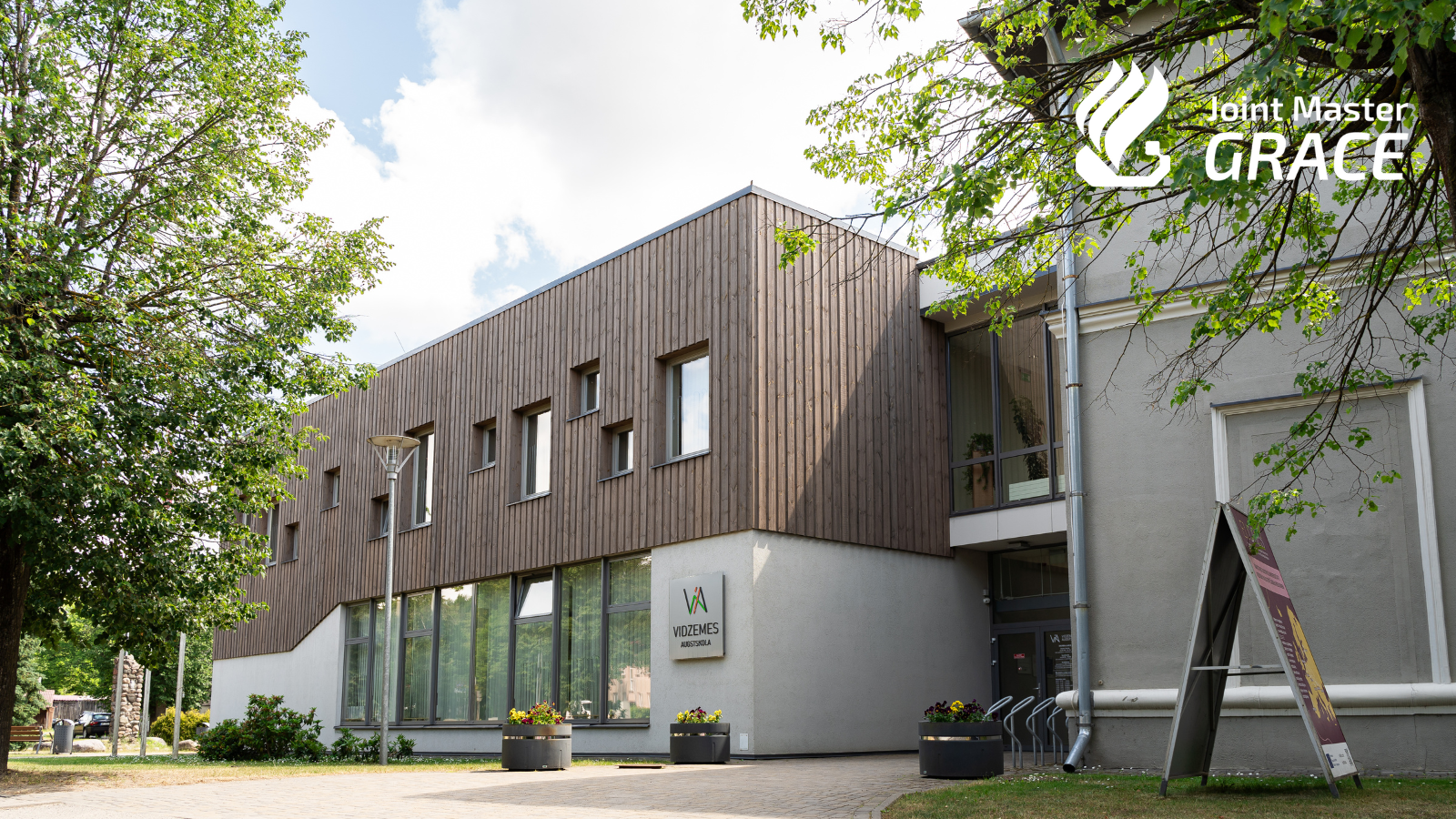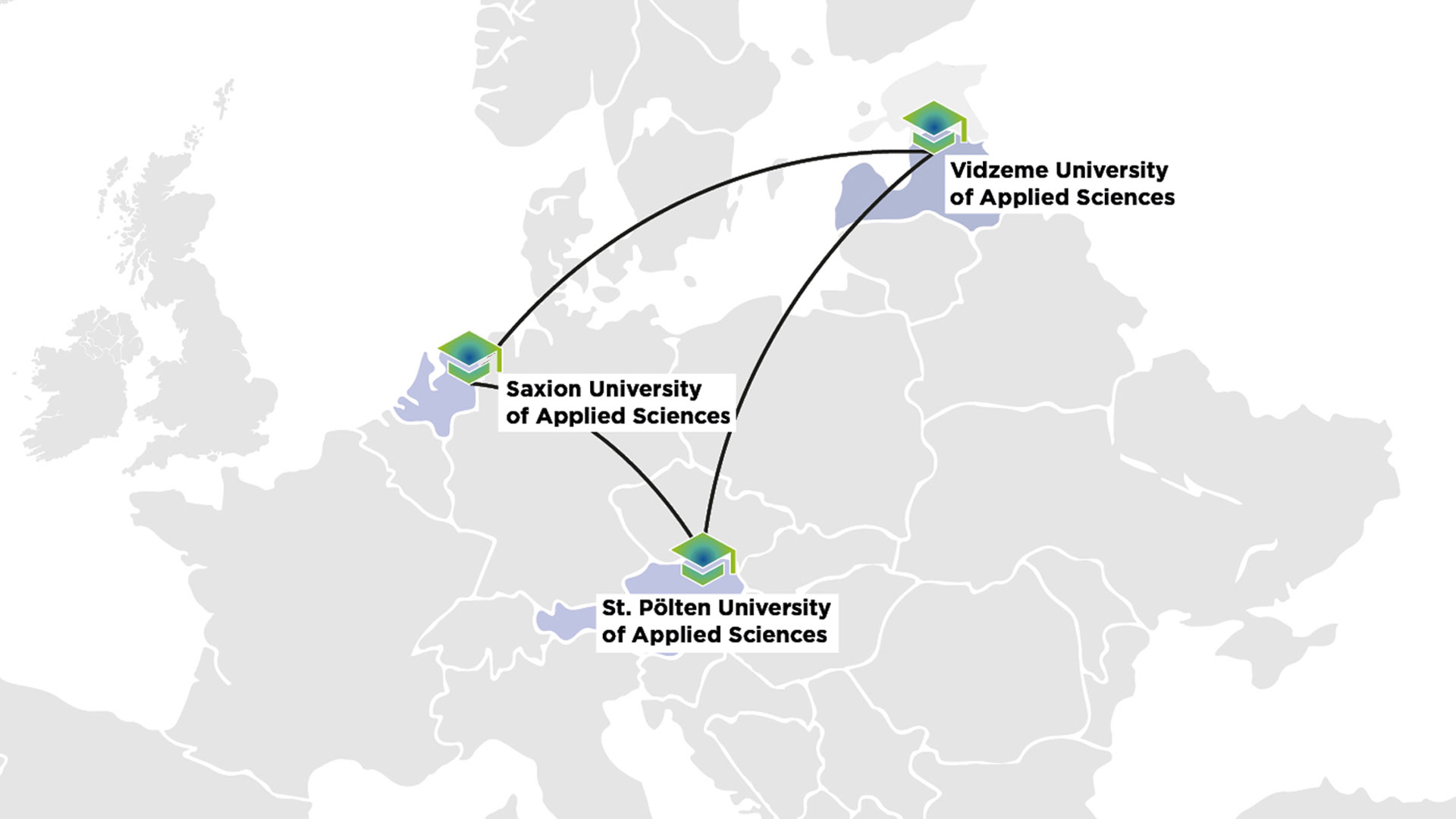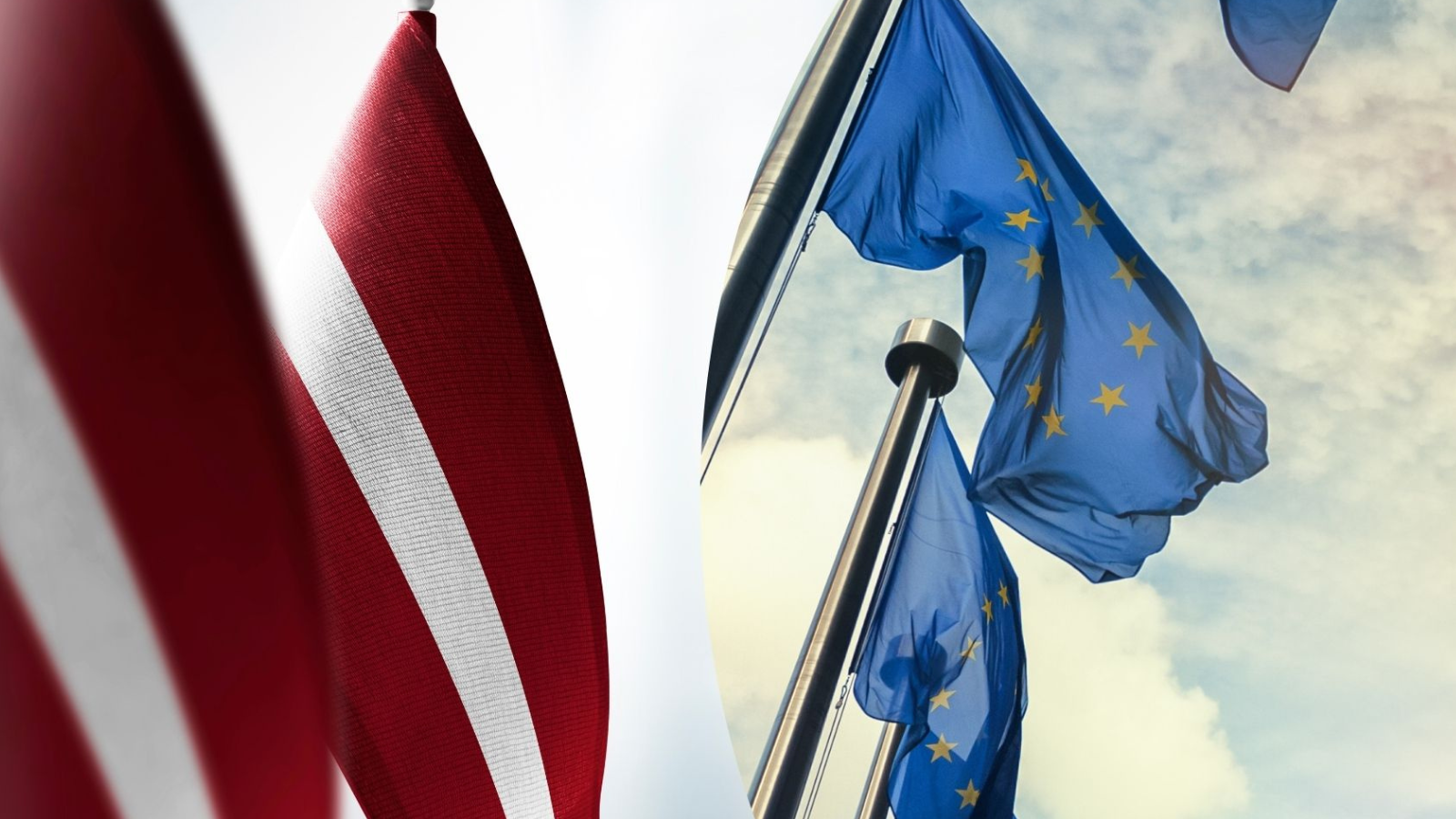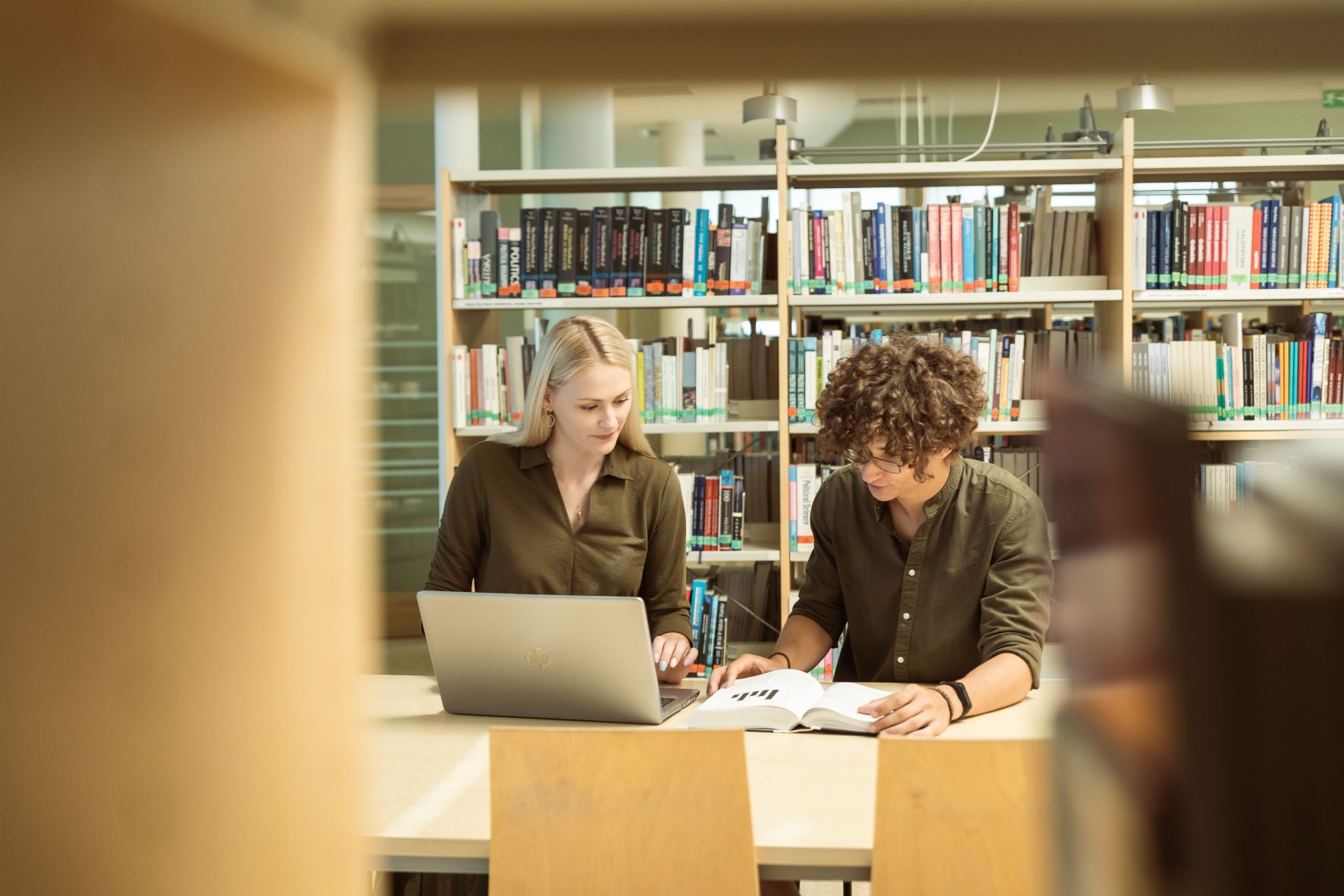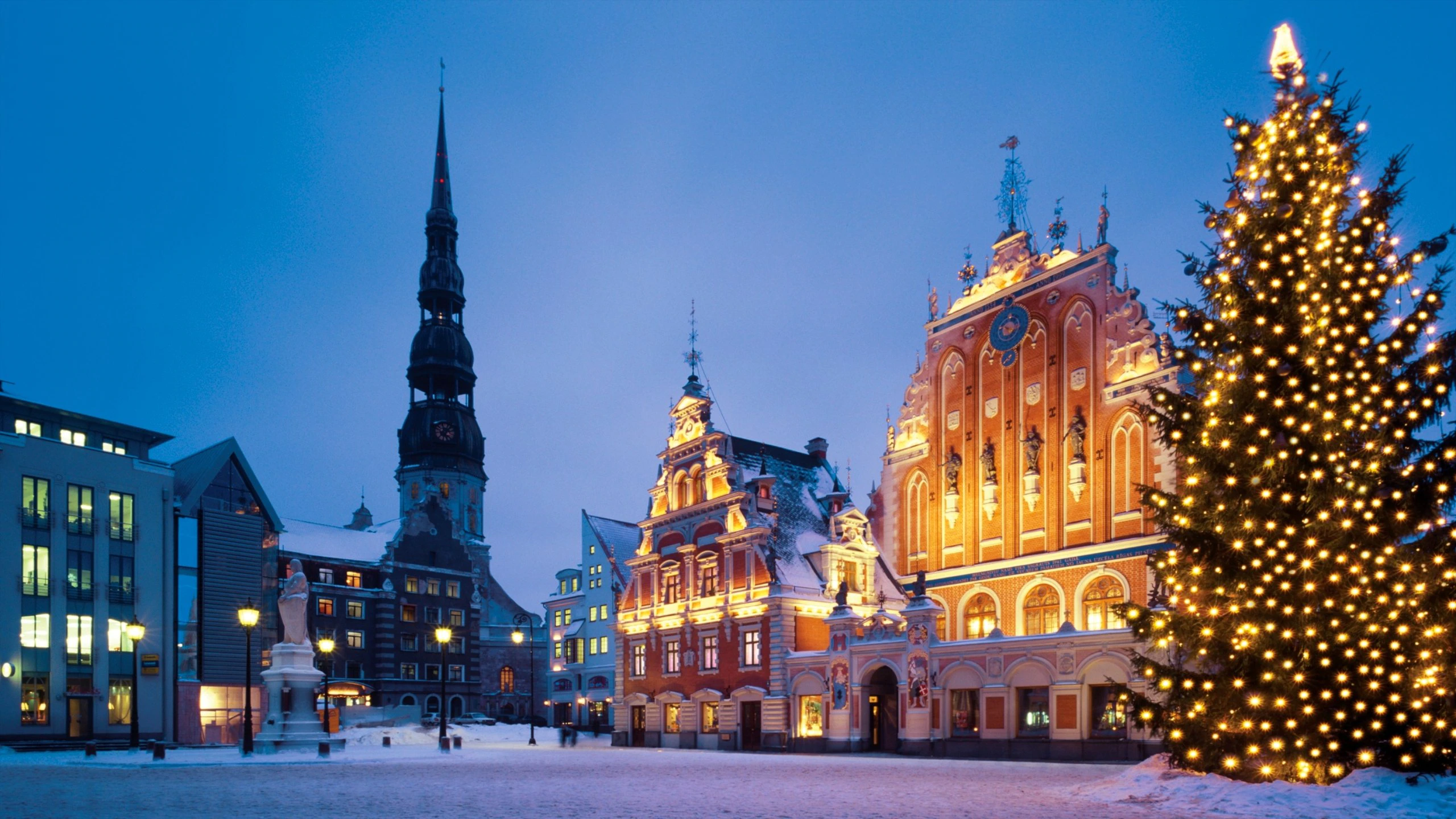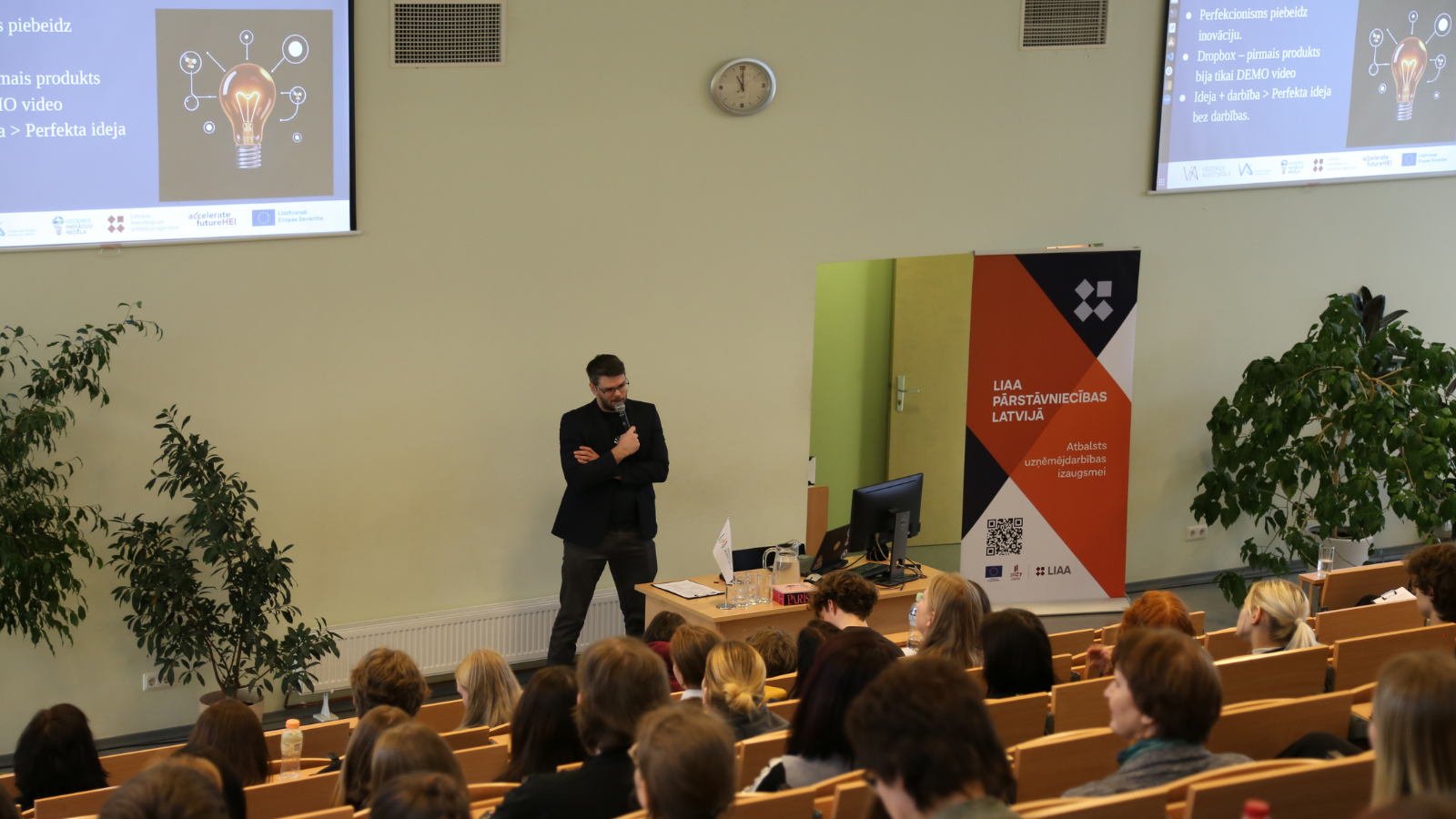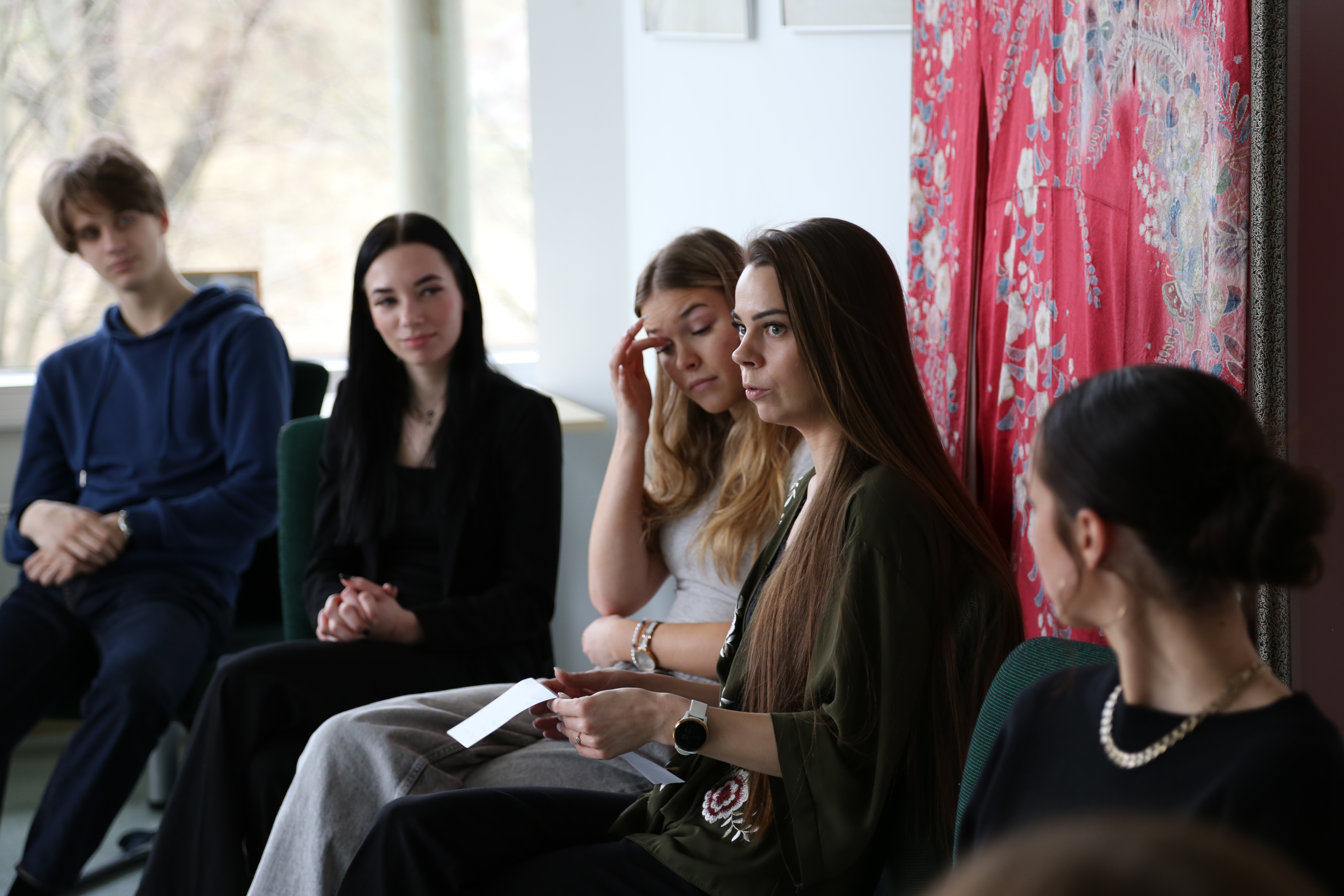Jeļena Kijaško graduated from Vidzeme University of Applied Sciences with a Master's degree in the „Tourism Competitiveness Management” program and is currently working in Rezekne. Jeļena is the head of the Rezekne Tourism Development Centre and the chairperson of the board of the Latgale Tourism Association.
Reflecting back on her time at Vidzeme University of Applied Sciences, Jeļena says, that, what she appreciated most, was the professionalism of the lecturers in their field: „It is the collegial and supportive attitude and knowledgeable professionals, who are able to provide strong academic knowledge, successfully combined with personal years of practical experience in the field.”
Jeļena completed the Master's study programme "Tourism Competitiveness Management" with distinction, and won first place in a competition organized by the Latvian Investment and Development Agency (LIAA) with her master's thesis. However, while studying for her Master's degree at Vidzeme University of Applied Sciences, Jeļena worked in Rezekne. Reflecting on combining studies with work, the graduate says it wasn't very difficult, but not easy either: „Of course, the process was made easier by the split format - face-to-face and remote, because the real commuting from Rezekne to Valmiera was mostly only in the 1st and 2nd semesters, and not on every weekend. As for combining studies with work and, of course, family - I'll be honest - yes, it was hard sometimes, but at the same time it was very interesting and worthwhile, and the sleepless nights were worth it.”
The graduate admits that several courses were useful in building her professional image, such as „Marketing Strategies in Tourism”, „Business Data Management Toolkit”, „Self-Management”, „New Product Development and Service Innovation”, „Tourism Competitiveness”. „The knowledge I gained has directly helped me a lot in my daily work and I am still applying it - starting with creating a quality marketing strategy for a tourism destination under my management in one course; in another course, learning how to use different digital tools for data acquisition and analysis, I also practiced on my destination, which allowed me to discover a lot of valuable information and draw data-driven conclusions. Overall, I would say that the knowledge you gain is divided into two parts - the concrete and practical, such as methods and tools that you can actually apply in your daily work, and the second part - the knowledge that simply changes your thinking and allows you to look at things in a broader way or see processes from a different angle, and both types of knowledge are equally valuable and useful.”
Most memorable for Jelena are the lectures given by Aija van der Steina, especially the study trips, Andris Klepers, Linda Veliverronena and Agita Šmitiņa. „This programme undoubtedly brought together many very strong and knowledgeable representatives of the Latvian tourism academia and I remember with gratitude each of the lecturers, as absolutely everyone has contributed valuable knowledge and shared their professional experience.”
Vidzeme University of Applied Sciences offers students not only theoretical knowledge, but also the opportunity to apply it in practice. Jeļena highlights this as the university's greatest advantage: „The brightest and warmest memories are definitely from study trips - we had a unique opportunity to visit important Latvian and Estonian tourism companies, communicate with their management and gain their experience), face-to-face lectures with valuable discussions and live communication, and Living-labs (problem-based learning course, where international student teams solved challenges of real companies using design thinking, future skills and other innovative methods).”
Jeļena recommends others to consider studying a Master's degree at Vidzeme University of Applied Sciences, because, as the graduate herself admits, „It is a guarantee of personal and professional growth, I would say, not an opportunity.”

